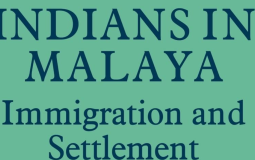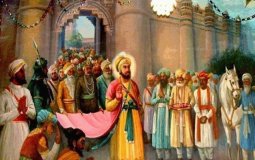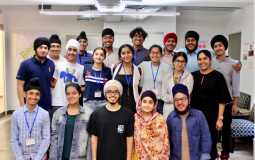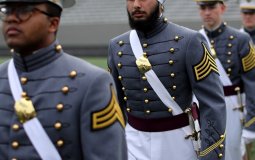In the 19th century, the first Sikhs who came to the Malay states were mostly brought in by British officers with experience in India.
Diwali, the "festival of lights," is joyfully celebrated by many people of South Asian descent worldwide. Rooted in Hindu tradition,
Sikhs exemplify their devotion to their faith wearing the turban, a tradition deeply embedded in their religious and cultural identity.
Sikh Coalition and NYC DOE join forces to combat harassment in schools.
The site is located at Llandaff Rowing Club in Cardiff, by the River Taff, and is the first of its kind in Wales.
The proposed guideline prohibits students from drawing their kirpan from its sheath and brandishing or violently utilising it.
Air Force Special Operations Command has made history by granting a religious accommodation waiver to a Sikh service member. This is the first time the command has done so.
Sikhs have long battled for the right to keep their religious identity intact.
When Sardar Jagmeet Singh from Wolverhampton was waiting for his family, who were on a flight, at Gatwick Airport, U.K., he was questioned by security staff after a member of the public had reported a man carrying a knife.
In 2020, the updated U.S. Navy’s religious accommodations policy cited that Sikh sailors can wear turbans. This was followed by the Air Force’s decision to do the same in early February of the same year. Earlier, religious head coverings such as Muslim hijabs and Jewish kippahs were permitted because they did not interfere with uniform covers.









